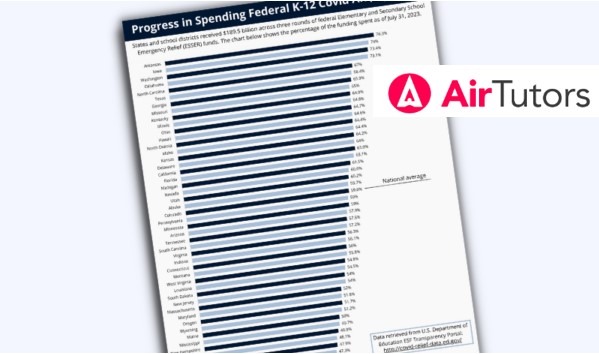It’s important to realize that with all the information you are being bombarded with, it is unreasonable to expect perfect memorization on the first attempt! Follow the following tips to help increase retention and stay practiced:
Notes, Notes, and More Notes:
If notes are your bread and butter, but sometimes you feel like you are writing and not retaining, then this routine may be just for you! Part of the problem is that notes can be quite lengthy, so it is important to realize that storing and recalling all of the information is just not possible after writing them only once. Some people resort to “studying” from their notes. This isn’t a bad idea, but what can be even more helpful is setting a nightly reminder to rewrite any notes you’ve taken that day in school. Rewriting your notes reinforces the material in your mind and allows for more successful memory storage.
Even more helpful is to trim the notes each time you write them to make them even more efficient. Eliminating excess information condenses the information allowing you to memorize shorter sets of information. The continual rewriting process also strengthens the connections in your brain that are related to the information you’re storing.
Flashcards for Formulas/Dates/Names:
If you are having troubles in math memorizing the formulas you need for an upcoming test, or dates and names just seem to slip through your fingers each week, then flashcards can be a great way to reinforce the material in a fun and dynamic way.
Services like Quizlet are indispensable for students who wish to find ways to create flashcards on the go. Throw your terms and definitions, equations, as well as names and dates on Quizlet and you can begin studying in a number of ways. You can even have Quizlet prepare “tests” that show you definitions first, propose fill-in-the-blank questions, or create multiple choice exams to help reinforce the material.



